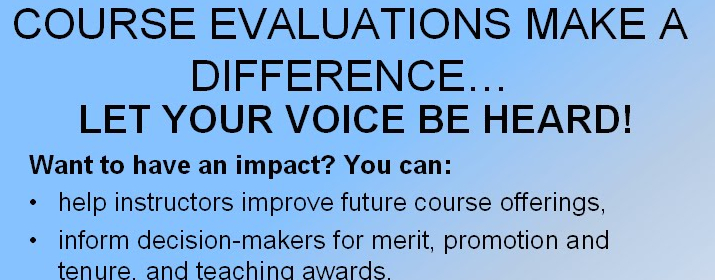Course Evaluations and Research for Project 2: Unsolved Question

 A. First, look for an email from Kristin Hyle, [email protected] with the subject line First Year Seminar Course Evaluation and fill out that evaluation.
A. First, look for an email from Kristin Hyle, [email protected] with the subject line First Year Seminar Course Evaluation and fill out that evaluation.
B. Next, take time to explore the variety of scholarly library resources available for your research.
Respond to the following questions on paper and ask any questions.
Use the class library guide which is a link on the course webpages (Google Dr. Sarah... class highlights):
UCO 1200 Breakthroughs and Controversies in Science and Math.
The guide contains web links to the library resources you are asked to explore.
As you search, adding quotations around phrases, or
using Advanced Search features may help you find more applicable information. Example: "genetically modified"
Exploration:
- What is the question or topic you plan to explore for the research project?
You may need to tweak it later, such as narrowing or broadening it.
-
Go to the library guide. On the guide, click the Articles tab. Explore the resources CQ Researcher and
Academic Search Complete
- On the library guide, go to the Books & eBooks tab.
Search the Library Catalog
using keywords. Note the call number of any item you want to locate.
-
On the library guide, go to the
Encyclopedias tab. Explore the following encyclopedias for your topic.
- On the library guide, go to the Images and More tab.
Focused Search:
- Create two "sides" for your question (may be "yes"/ "no" or some other dichotomy)
- Write down a viewpoint for side 1.
This can include historical evidence and philosophical or ethical perspectives as well as unproven theories.
Find a source with that viewpoint and
research the type of publication and the credentials of the authors (credibility)
- Write down a viewpoint for side 2. Find a source with that viewpoint and
research the type of publication and the credentials of the authors (credibility)
- Research current scientific consensus. What aspects do scientists agree about and what aspects do they disagree about? Keep track of any
helpful sources you find.
- Read through Research Project 2--do you have
any questions?
- Research some more interesting scientific/mathematical pictures and keep track of the source(s) of the pictures.
- What are some related interdisciplinary fields?
- Consider your own thoughts on the problem. What is most compelling to you and why?
- Continue researching to find more points for #7, #8, and #9.



